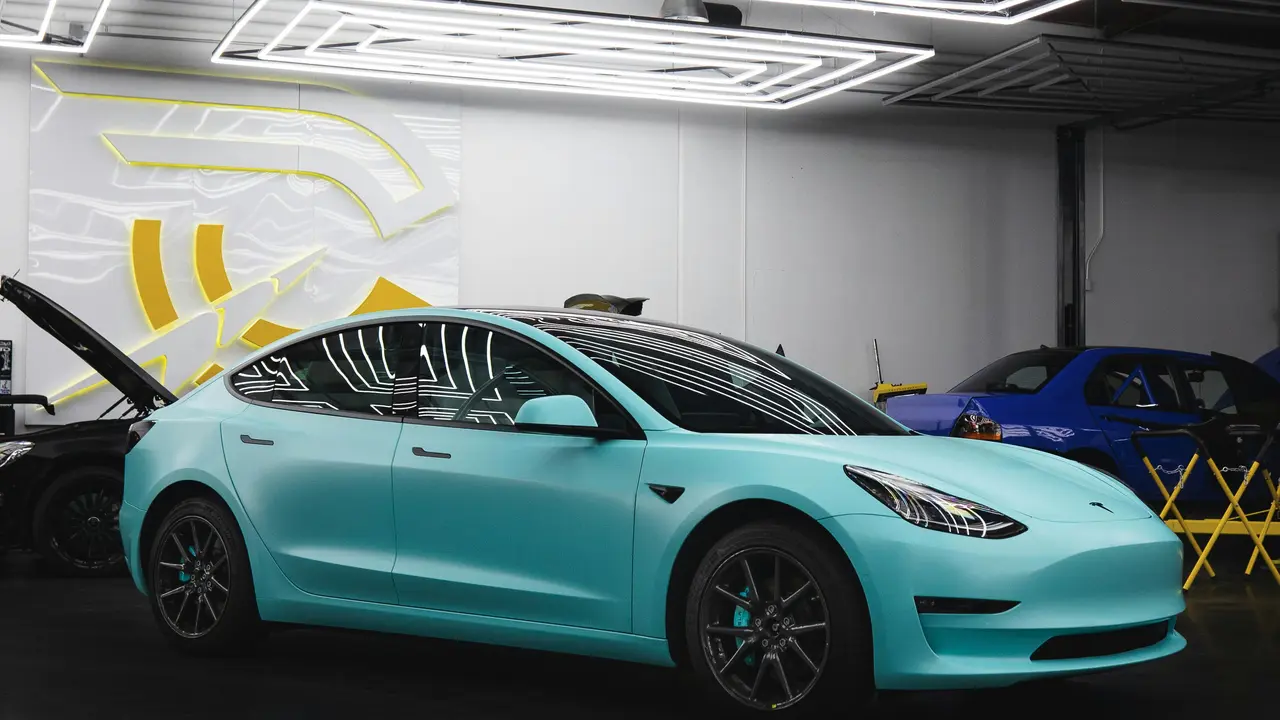Updated 2 June 2025 at 20:32 IST
Govt Rolls Out Big Push For EV Manufacturing! New Guidelines to Boost Made-in-India Electric Cars
The Indian government unveils new EV manufacturing guidelines aimed at boosting domestic production and attracting global players to the 'Make in India' initiative.
- Republic Business
- 3 min read

Marking a significant step in its broader push for green mobility and sustainable industrial development, the Centre on Monday issued detailed guidelines for a new scheme aimed at promoting domestic manufacturing of electric passenger vehicles.
The “Scheme to Promote Manufacturing of Electric Passenger Cars in India (SPMEPCI),” notified by the Ministry of Heavy Industries (MHI), is intended to attract global investments into India’s electric vehicle (EV) sector while strengthening the country’s position as a global automotive manufacturing hub, according to a press release issued by the Press Information Bureau. The Department of Revenue simultaneously issued a notification outlining reduced import duties in line with the scheme's provisions.
This initiative forms a key part of India’s larger strategy to achieve net-zero emissions by 2070, promote sustainable transport, drive economic growth, and reduce environmental impact. It is also aimed at positioning India as a leading global hub for automotive innovation and advanced manufacturing.
Advertisement
Speaking at a press conference, Union Minister for Heavy Industries H.D. Kumaraswamy described the scheme as a forward-looking and transformative policy move. He emphasized that the scheme is designed not only to bring cutting-edge EV technologies to the Indian market but also to develop domestic manufacturing capabilities through a clear framework of domestic value addition (DVA) targets.
The notice inviting applications under the scheme is expected to be issued shortly, allowing prospective applicants to submit their proposals online. To encourage global manufacturers to invest, the scheme permits approved applicants to import Completely Built Units (CBUs) of electric four-wheelers with a minimum CIF (Cost, Insurance, and Freight) value of $35,000 at a reduced customs duty rate of 15% for a period of five years from the date of application approval.
Advertisement
Imports will be capped at 8,000 units per year, with unused quotas allowed to be carried forward. The total duty forgone under the scheme is capped at the lower of ₹6,484 crore or the total investment made by the applicant.
To qualify, companies must commit a minimum investment of Rs 4,150 crore within three years. Approved applicants will be required to establish manufacturing facilities and commence operations within the same period. The scheme also mandates achieving a minimum DVA of 25% within three years and 50% within five years.
The scheme covers investments in new plant and machinery, associated utilities, and R&D activities. Expenditure on land will not be counted toward the committed investment, although costs related to plant buildings and utilities (up to 10%) and EV charging infrastructure (up to 5%) will be eligible.
Published By : Avishek Banerjee
Published On: 2 June 2025 at 17:02 IST
